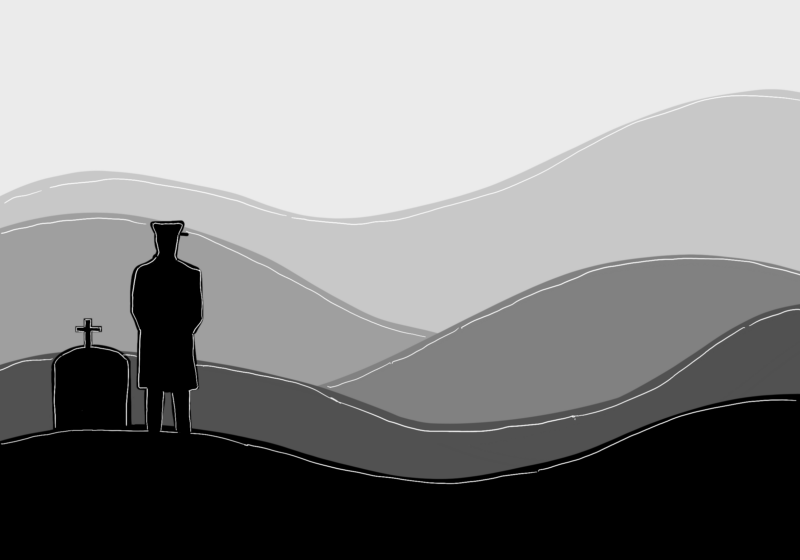In the midst of an ugly and exhausting primary election season, the American political class took a brief pause last week to come together and listen to President Obama’s final State of the Union Address. Leading up to the speech, the Obama administration hinted that this final address would take on a different tone than in years past, focusing less on specific policy initiatives and more on a vision for the future. In reality, President Obama’s speech reflected his need to defend his legacy as president, at a time when a large majority of Americans believe that the country is headed in the wrong direction and his job approval ratings are abysmal. Perhaps it was the lack of policy focus or just gratitude that this was his last SOTU address, but it was generally received relatively well by most Republicans.
It is clear from his policy focal points that President Obama’s liberalism is still in full force, but it was refreshing to see him give credit to Speaker Paul Ryan. Ryan has clearly risen to the occasion since taking on the speakership at the end of October, getting a budget passed and keeping the government from yet another shutdown. President Obama also gave him a nod in discussing their shared goal of combating poverty. These two men and the parties they represent will undoubtedly have different ideas as to the best way to achieve this goal, but being open to a discussion of strategy is a step in the right direction. President Obama expressed his regret that their parties and ideologies are now separated by a great schism, which is surely one of his greatest failures as president. When he was elected in 2008, Obama won by a considerable margin, due in part to the support of many long-time Republican voters. That gave him the opportunity to expand his base and unite the country. Instead, nearly eight years later, we are more divided than ever. His talk of bipartisanship and needing to “make our politics reflect what’s best in us,” is all well and good, but it would be foolish to expect a change in attitude from these politicians in the near future.
In defense of his legacy, President Obama belittled the concerns of many who feel that the United States is weakening in terms of foreign policy. While many Americans are currently fearful for their safety and security at a time when terrorists seem to be on the rise, President Obama was largely dismissive of these concerns. In a year where we have seen terrorist attacks abroad in Paris and in our own country in San Bernardino, Obama’s tone is continually flippant regarding the threats facing the United States, saying anyone who disagrees with his analysis as Commander in chief is simply spewing “political hot air.” The President may doubt that we may soon face an “evil empire,” but this is getting more difficult to believe when the Islamic State continues to gain control of more territory in Iraq and Syria and has affiliates living among us all over the world.
President Obama’s inability to calm the fears of the American people in this time of uncertainty has arguably led to the populist appeal of extremist presidential candidate Donald Trump. People feel like their fears are not being taken seriously by the President, and they appear to see some kind of promise in the brashness or toughness of Trump that they do not see in President Obama. His strategy of continually taking credit for killing Osama bin Laden and stretching the truth about detaining the perpetrator of the Benghazi attacks is clearly not working to convince the American public that all is well.
The President did not once mention San Bernardino or that 10 U.S. sailors were detained in Iran just days before sanctions were to be lifted as the Iran deal was implemented. Instead, he spoke about his belief that the deal would help keep them from obtaining a nuclear weapon, a rather tough sell given the circumstances. On a seemingly unrelated note, the President took credit for the low prices of gas in the United States. There are many things wrong with this assertion, chief among them that the price of oil is low because Saudi Arabia committed to over supplying to hinder Iran’s ability to profit from oil production during the U.S.-Iran deal. The President will likely continue espousing his view that our standing as a superpower is not in decline—but it is getting increasingly more difficult to believe.
The portions of the speech concerning policy were characteristically optimistic about the virtues of the federal government. With the future of the Affordable Care Act hanging in the balance as major insurance agencies are considering dropping out of its exchanges, it is possible that the President’s crowning achievement and symbol of the virtues of big government may not even need Republicans to dismantle it. As the political tides change and people become sick of big government getting in the way of their success, the way may be paved for the GOP to take back the White House in November. Though Trump has been taking up all the air in the room for some time now, South Carolina Governor Nikki Haley’s rebuttal reflected what the direction of the Republican Party will be about in the years to come: preserving the American dream, rejecting hate, protecting freedom, and maintaining the United States as the power that leads the world in the right direction. This year’s State of the Union address was representative of the president’s need to defend his legacy in the midst of a changing political spectrum, and only time will tell how the American people will view his impact on the country.



